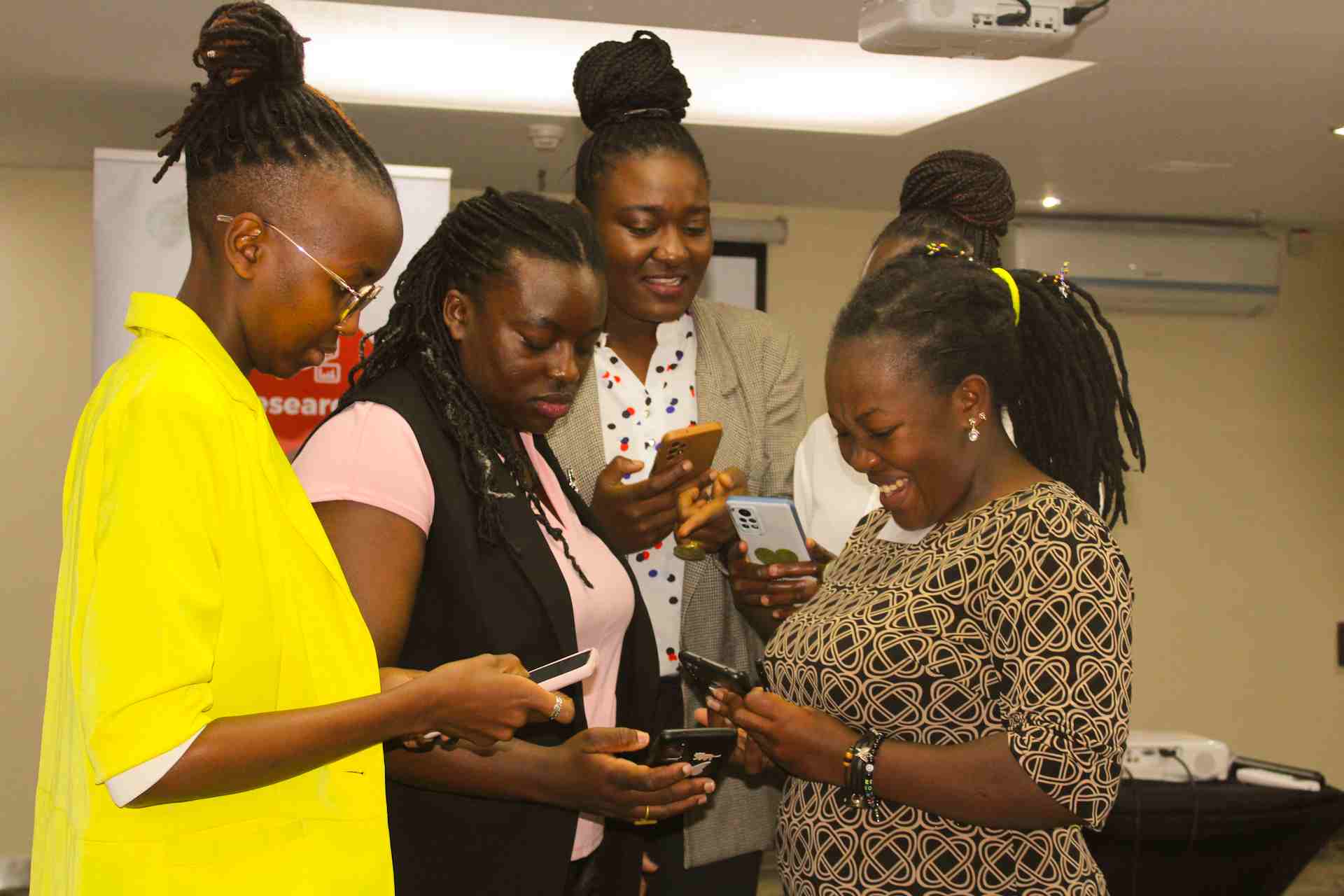By Cherie Oyier
International Girls ICT Day is celebrated on the fourth Thursday of April every year. This day is set aside by the United Nations International Telecommunication Union (ITU) to raise awareness of the need to promote the inclusion of girls and women in the ICT workforce.
The underrepresentation of women in the workforce is a global issue, with women currently holding only 40% of high-skill occupations worldwide.
The situation is even more dire in the ICT sector, where women comprise less than one-third of the global digital technology workforce. This disparity is mirrored in Kenya, where women hold less than 30% of digital technology positions. Urgent action is needed to address this.
Actionable strategies must be implemented to ensure that more girls take ICT subjects and courses. In Kenya, the revival and earnest implementation of government programs such as the laptops-for-schools programs, the 2016 digital literacy program and the coding-for-schools initiative aimed at enhancing digital literacy and ICT skills would contribute to bridging the gender divide in the ICT workforce.
To increase the number of girls taking ICT courses, it is also imperative to tackle and deconstruct negative stereotypes that limit girls’ enrollment in technical science, technology, engineering, and mathematics (STEM) courses.
Unfortunately, at the global level and in Kenya, the few women who join the ICT workforce rarely make it to leadership positions due to phenomena known as “broken rung” and “the leaky pipeline”.
The broken rung phenomena refer to structural and operational barriers such as lack of clear promotion guidelines, unequal pay, unfavourable working conditions and issues of sexual harassment at the workplace that disproportionately affect women. Due to the broken rung’s barriers, women tend to stagnate in lower levels or ultimately leave such workplaces before they attain leadership positions.
Given all the above, it is clear that more needs to be done to encourage more girls to take up ICT courses, promote affirmative action strategies to hire more women in the ICT sector and implement policies that promote equal pay, fair working conditions, and anti-sexual harassment.
These strategies will enable women and girls to get their feet into the ICT workforce door, remain in the sector and rise through the ranks.
KICTANet is committed to continuing to advocate for the inclusion of girls in the ICT workforce through its four work pillars, which include research, policy advocacy, capacity bu, building, and stakeholder engagement.
As part of our commemoration of the day, KICTANet’s Linda Gichohi will speak at a panel session hosted by Empower and Serve Kenya (Empserve) in W4-Empserve Social Innovation Hub, Pangani, on 25 April 2024. Neema Mujesia will also speak at the “She Leads STEM: Girls in ICT Day” webinar organised by She Goes Digital KE.
Happy International Girls in ICT Day!
Cherie Oyier is KICTANet’s Programs Officer for the Women’s Digital Rights Program.
![]()




